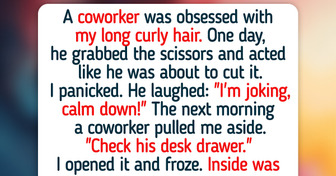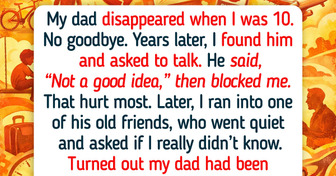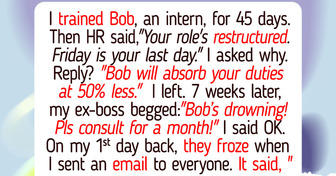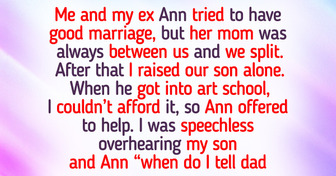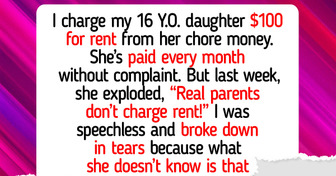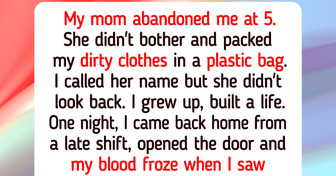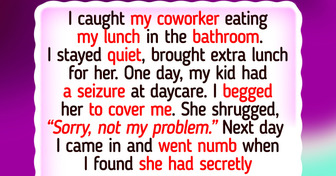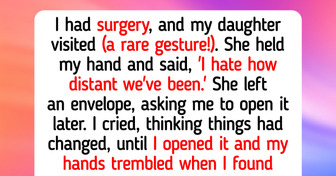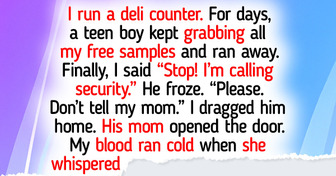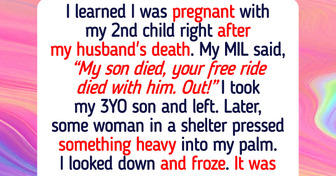10 Hospital Workers Who Prove Kind Heart Is a Powerful Medicine

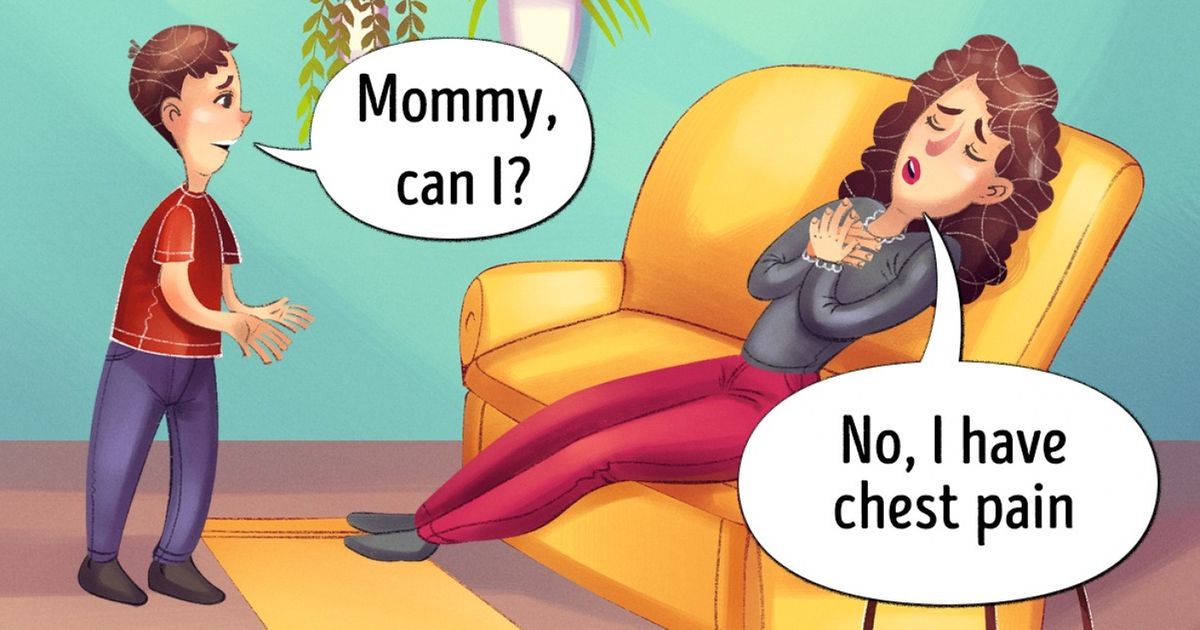
The Karpman Drama Triangle is the a widespread model of relationships between people. It was first described by the classical scholar of transactional analysis Stephen B. Karpman. People manipulate each other, depend on each other — and get very tired of it. There’s not much happiness in these kinds of relationships, and people become too exhausted to change anything. However, there is a solution.
Bright Side would like to tell you about the Karpman triangle. In order to solve a problem, you first have to understand it.
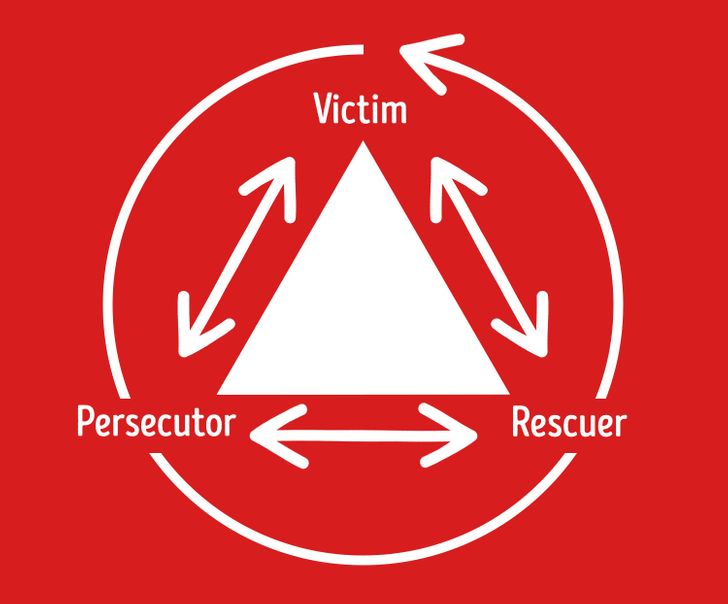
There can be two, three, or more people within a triangle. There are always three roles: a victim, a persecutor, and a rescuer. The participants of a triangle often switch their roles. One thing remains unchanged: they’re all manipulators, and they bring pain both to themselves and to their nearest and dearest.
For a victim, life is just pain and suffering. Everyone is unjust, a victim is always too exhausted to cope with the cruel world. A victim feels either scared, or offended, or ashamed. He or she lacks time, power, or the desire to take on resposibilities to improve his or her life. Blames the persecutor and depends on the rescuer.
A persecutor is tense, irritated, and angry. This person controls and criticizes his or her closest people, finding faults and blaming others without actually providing any solution to the problem. May be considered a bully depending on the situation. Blames the victim and the rescuer.
A rescuer feels pity for a victim, but they can also feel angry towards a persecutor or themselves if unable to help the victim. He or she can’t see they’re making the victim more dependent and may end up neglecting themselves for the high mission. Is dependent on the victim and blames on the persecutor.
A persecutor can’t leave a victim alone, and criticizes and drills him or her. A victim tries hard, gets exhausted, and whines. A rescuer provides comfort and gives advice and a shoulder to cry on. Participants change their roles from time to time.
This soap opera can last for many years. Participants may not even realize that they are stuck in a triangle. They may even think that everything is good, and that they are happy with their lives. A persecutor has the opportunity to discharge his or her anger, a victim gets compassion and doesn’t feel responsible for his or her life, and a rescuer rejoices their role as a hero.
Each of them depends on each other because they feel that someone else is the source of all their problems. They try to change other people so that they can fulfill their own needs.
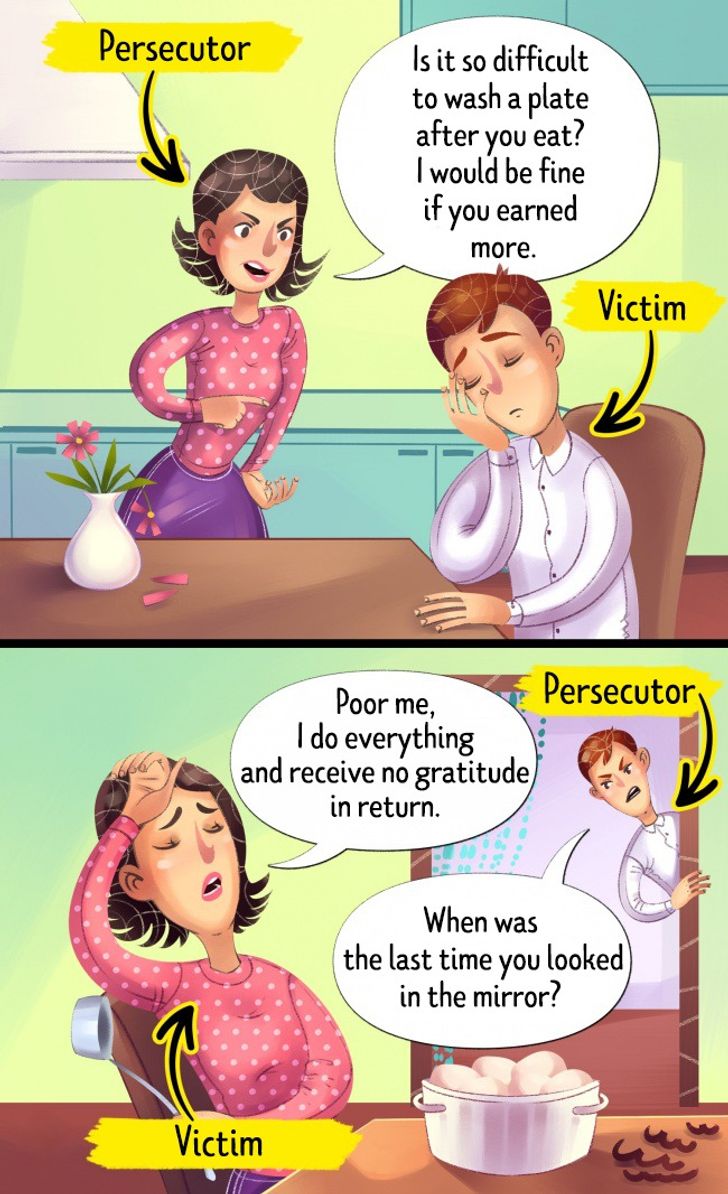
Partners switch roles in the triangle, and they control or rescue each other. Such a relationship can’t be called love. This is all about a desire to dominate, a feeling of pity for oneself, exhausting complaints, and unheard excuses. There’s no love, no support, no happiness.
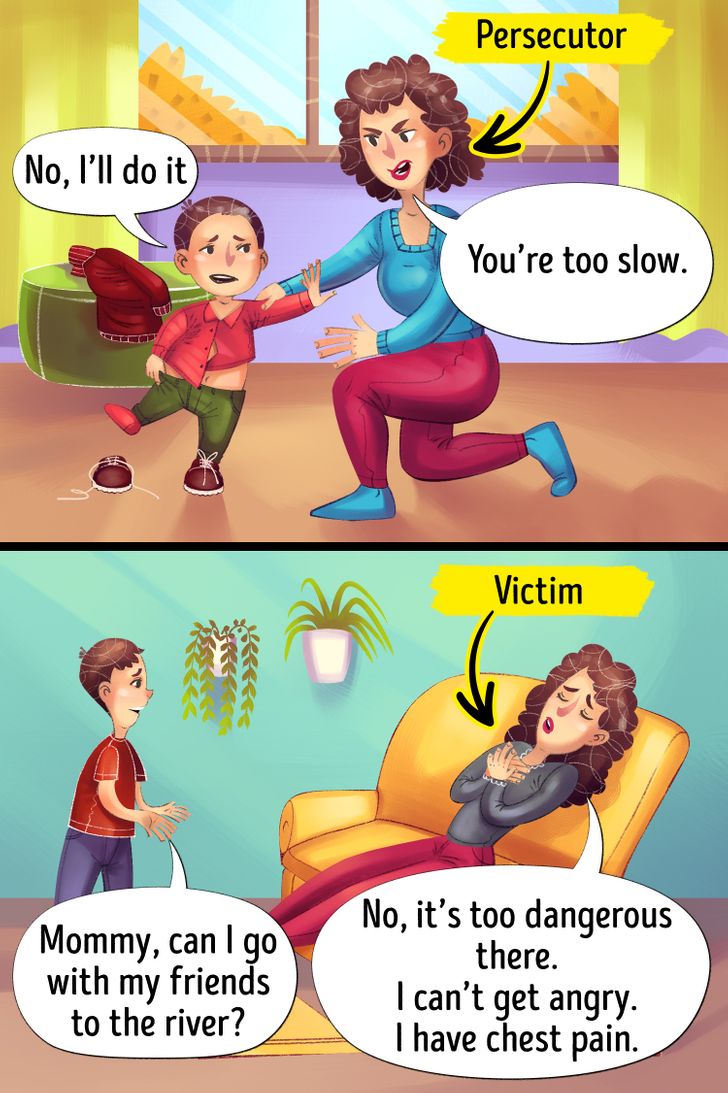
When a family lives within the Karpman triangle, it means that their future child will also be involved in it. Most likely, the child will be deprived of self-reliance, having a choice, or the opportunity to take a decision. It’s not intentional — people that live in a triangle think that they protect their child like that. Parents like this often manipulate by using the call of duty and feelings of shame, guilt, and pity.
An individual should realize that he or she is the only one responsible for his or her own life and desires. It’s necessary to take one’s life into one’s own hands and act without asking for someone else’s permission.
How to escape the triangle if you’re a victim
How to escape the triangle if you’re a persecutor
How to escape the triangle if you’re a rescuer
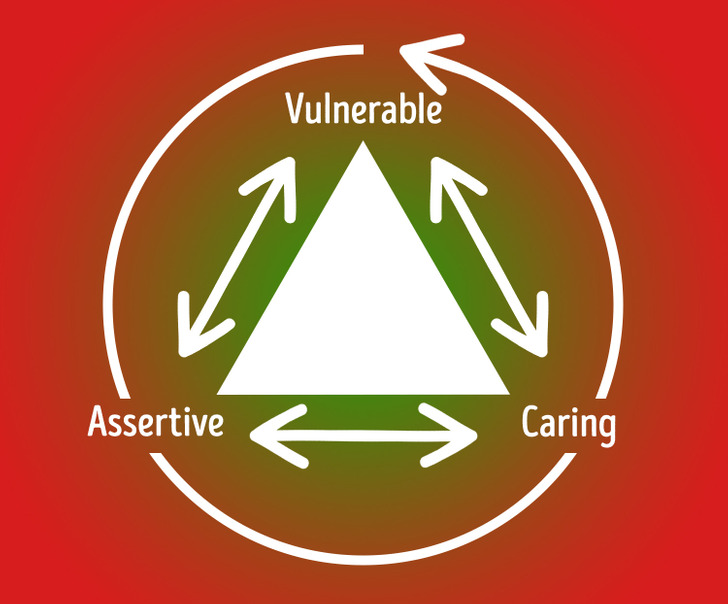
If you want to escape the triangle and pursue your goal step by step, it won’t be long until the first changes appear. You’ll have more time and energy, it will be easier to breathe and more interesting to live. The tension in your relationship will most likely fall. And that’s called the Winning Triangle:
This is a healthy and happy model of relations between people.
Are you familiar with the patterns of the Karpman Drama Triangle? Share your experience with us.

